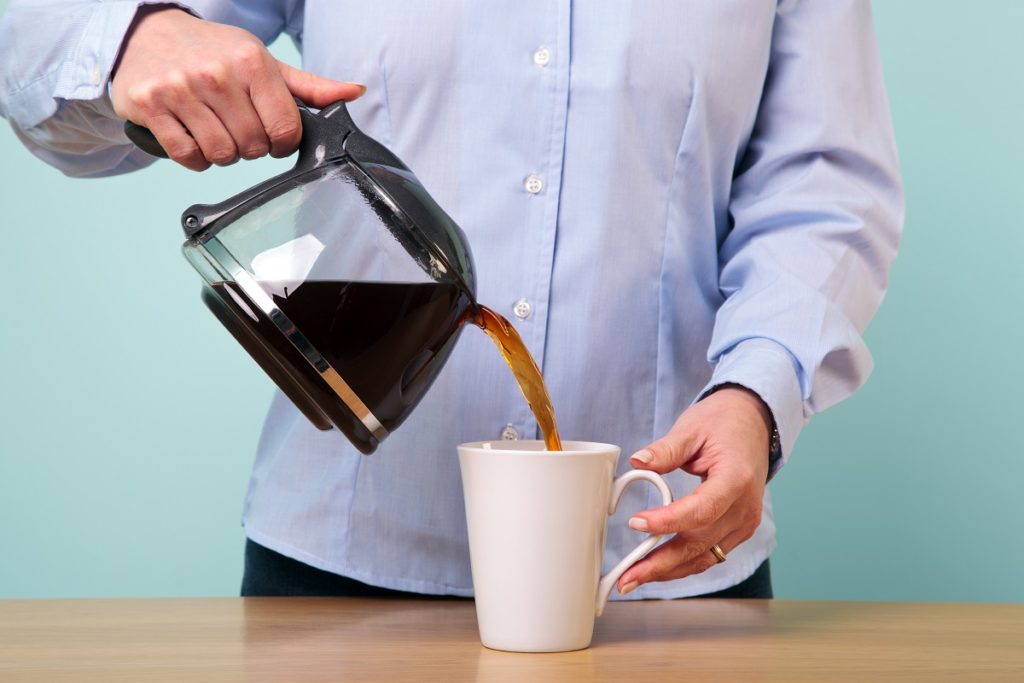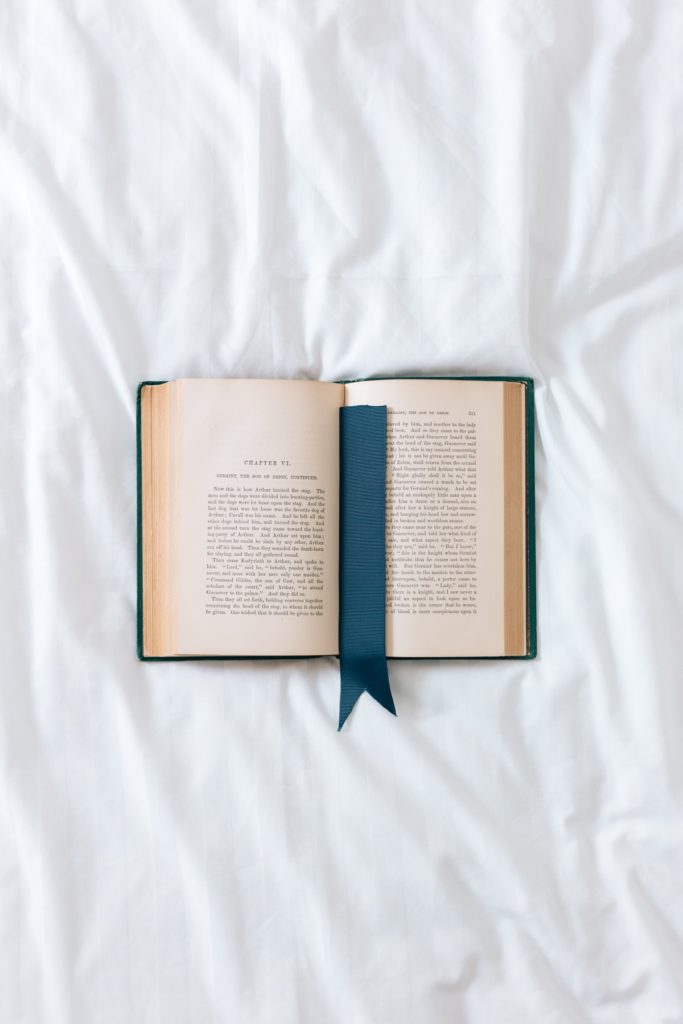Many things in life cause mental health issues. We might always be immersed in stressful environments in the home and at work. We might be stuck in toxic relationships with our spouses and partners. These are challenging positions to be in. It’s not like we could quickly leave our homes, quit our jobs, or get divorced. It’s never easy to eliminate the factors that cause stress in our lives.
What’s even harder is that, sometimes, the sources of our stress are even more difficult to eliminate. We might be suffering from an illness that can cause depression and anxiety. Struggling with hypothyroidism can cause that. The most logical and effective step towards helping ourselves feel better is by asking for help. We have to acknowledge that we are not okay. We can go and admit ourselves to wellness centers. This is so that we could be surrounded by professionals who are more than equipped to help us.
But apart from asking for help, we could also turn to the little things in life that would help us feel better about ourselves. Here’s how.
Morning Pages
One of the biggest problems that we encounter when our depression or anxiety hits us that we can’t push ourselves to open up to other people. We feel that people don’t like it when we unload our problems to them. Or worse, we might feel ashamed about our mental health struggles. These concerns are very much valid and understandable. What we can do is to look for other ways to let our thoughts and emotions out.
Morning pages are one of the best things for that. They are a type of journaling that is mostly based on our streams of consciousness. People do it first thing in the morning before they face their days. The ideal way of doing our morning pages is to wake up and immediately start writing about three pages. There are no prompts, patterns, or even logic to it.
Doing our morning pages is a very cathartic activity that can quickly help us sort through our thoughts and release them. And the best part is that we get to do it in the morning–thus, we would feel refreshed and energized as we go through our daily grind.
Full-blown Coffee Breaks

During our morning routine or throughout our day at work, we often go through coffee breaks. But let’s be honest with ourselves. We’re not really taking breaks, are we? When we take our coffee in the morning, we usually do it after picking a cup up at the coffee shop. And then we sip it as we walk to work. If we take it at home, we sip it as we cook breakfast or get ready for the day.
The thing is that, for many of us, coffee is simply a way to boost our energy. It’s just fuel to keep our minds sharp throughout the day. It’s our savior, especially on tough mornings. But we should start looking at it the way people do in Sweden. In Swedish culture, there is “fika,” which is a coffee break. But it is so much more than that. Coffee breaks are either a form of reward or a form of meditation. As Swedish folk sit down and sip their coffee, they are putting their minds at ease.
Our coffee breaks could range from 10 minutes to a full hour. What matters is that we’re using it as a way to rest our minds and relax. If morning pages help us release our thoughts and emotions, then coffee breaks release the tension we feel.
Going Offline

This is a common tip for people who struggle with their mental health issues. Social media, the news, and even memes can bring so much stress to our lives. But this doesn’t mean that we follow this tip. We get it, though. It is hard to shake the habit of scrolling through Instagram and Twitter. But we have to try harder.
By going offline, we’ll have the opportunity to focus on ourselves. We’re not looking at how happy and accomplished our peers are on social media. We can pick up a book and relax on the couch. We can take up other habits like painting or cooking. Focusing on ourselves and our needs is, after all, the first step to helping us overcome our mental health issues.
There has never been a quick and lasting solution to our mental health issues. We need to accept our problems, learn to ask for help and focus on our needs. But this doesn’t mean that there aren’t little things that can help us.
